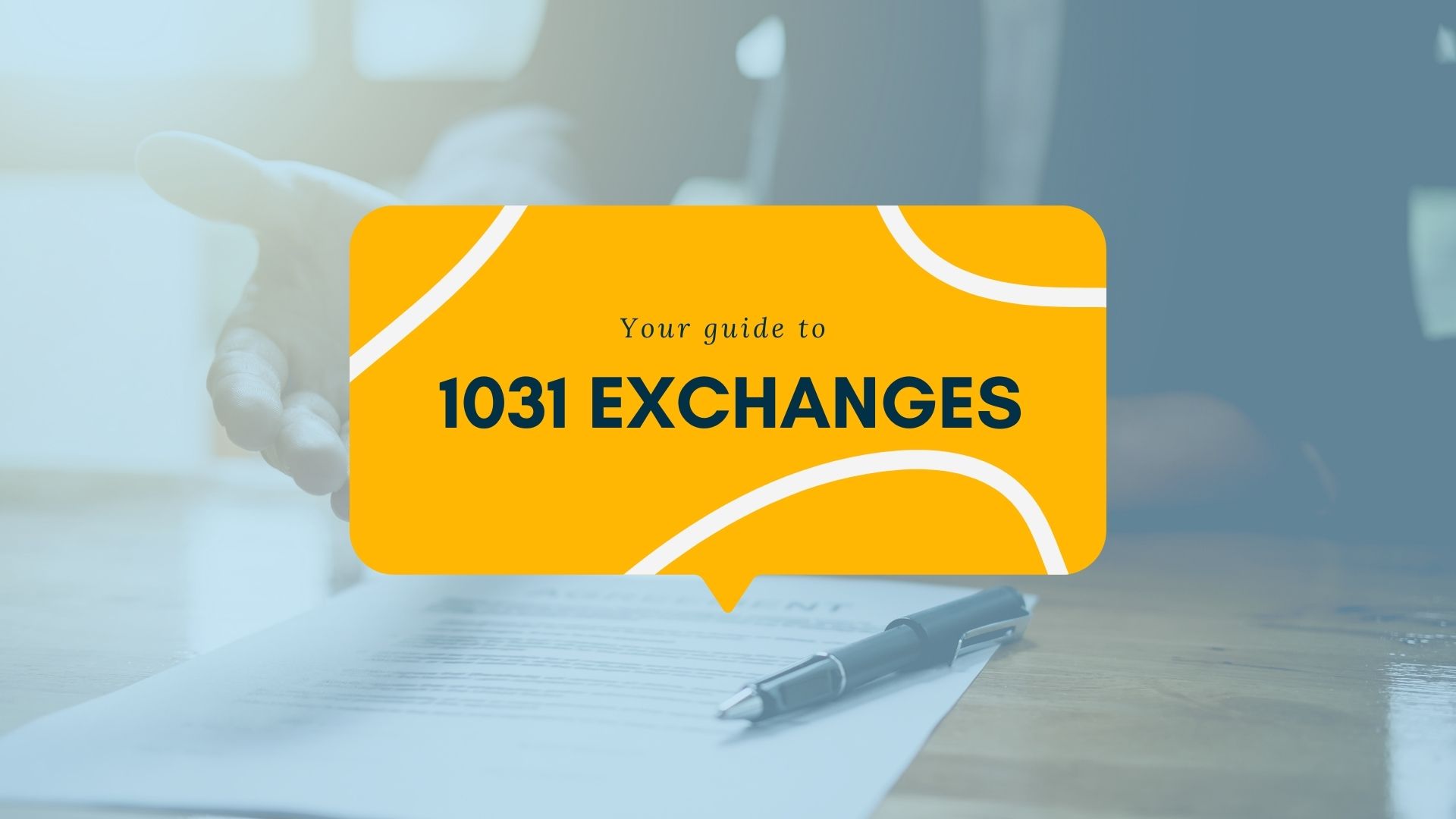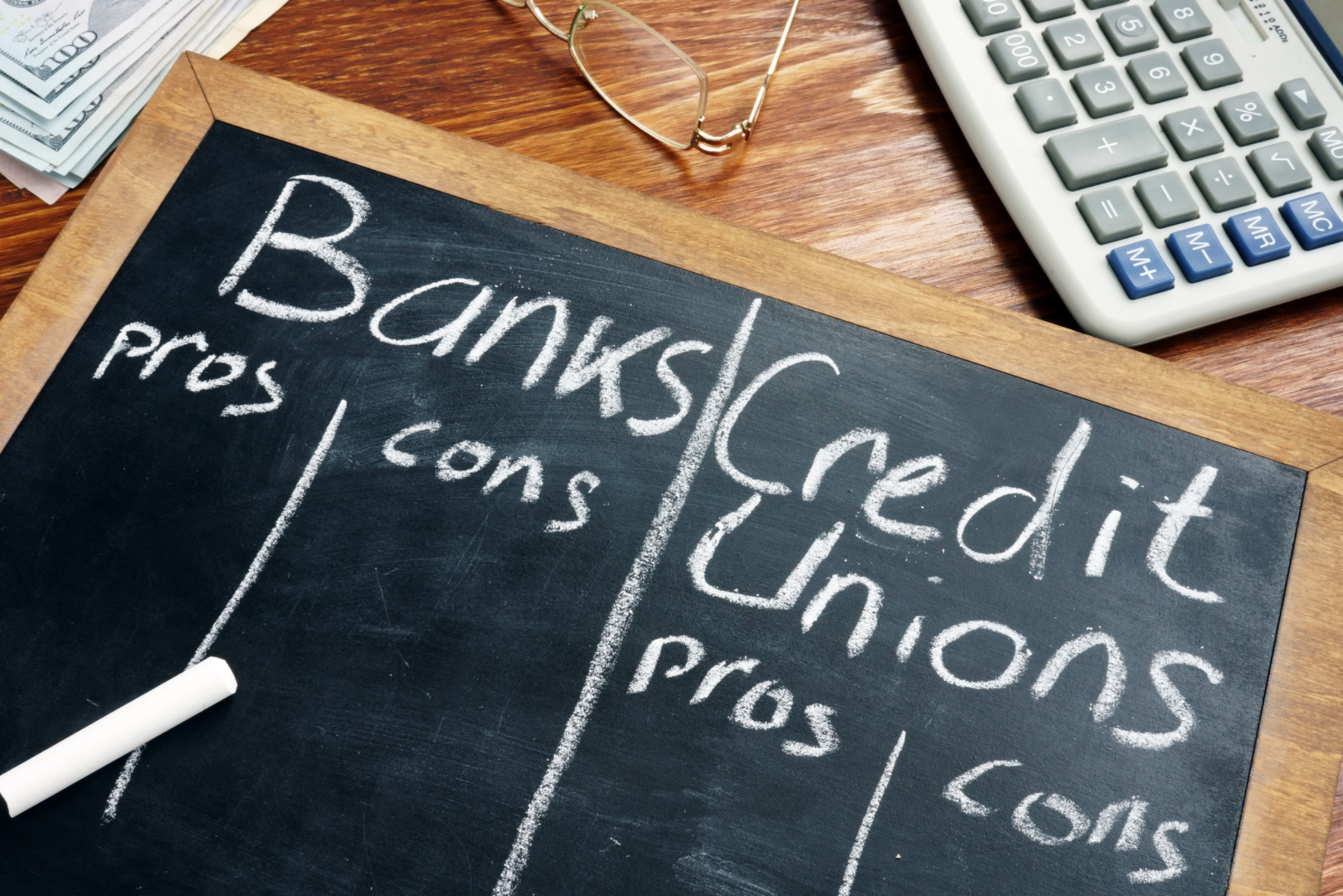(1) Cash Flow
The first benefit to investing in real estate is cash flow, and it’s so powerful. Cash flow is one of the first things that comes up for people who invest in real estate. Cash flow on a good real estate investment can be anywhere from 6%-10% on average.
Let’s contrast that to the stock market. Their cash returns are abysmal. I have a TD Ameritrade account. I had a $200 stock. I checked, and last year, 2020, they paid me an annual dividend of about $1.50. You read that right, $1.50. That’s a 0.75% cash return. That is awful. You look at a cash return on a real estate investment, 6%, 10%, you are infinitely better.
Cash flow, cash return, is one of the main reasons people invest in real estate, and it’s an important thing to know. Depending on who you are and what your goals are will determine how important cash flow is.
The first benefit to investing in real estate is cash flow, and it’s so powerful. Cash flow is one of the first things that comes up for people who invest in real estate. Cash flow on a good real estate investment can be anywhere from 6%-10% on average.
Let’s contrast that to the stock market. Their cash returns are abysmal. I have a TD Ameritrade account. I had a $200 stock. I checked, and last year, 2020, they paid me an annual dividend of about $1.50. You read that right, $1.50. That’s a 0.75% cash return. That is awful. You look at a cash return on a real estate investment, 6%, 10%, you are infinitely better.
Cash flow, cash return, is one of the main reasons people invest in real estate, and it’s an important thing to know. Depending on who you are and what your goals are will determine how important cash flow is.
(2) Leverage
One of the things that we have learned is that leverage and lenders are important. One of the executive investing tips that I have for you is if you’re getting a loan on your real estate, which I highly recommend, make sure you treat your lender like gold. It’s tricky because it’s kind of an adversarial relationship almost. They’re looking for all the reasons not to do the deal, but they also want to be part of the team. My advice to you, make sure you treat your lender like gold because that will pay dividends. Lenders take in most of the capital needed to invest in real estate.
I gave you my executive tip on treating your lenders like gold because leverage is the second powerful thing in real estate investing. Leverage amps up your returns infinitely. Let’s say you’re going to invest in real estate for $100,000. If you were to take that and you were to invest it in a stock, you’re going to get $100,000 worth of stock. Your return is going to be whatever it’s going to be, but you have $100,000 of investing power.
On the flip side, let’s say you have $100,000. You leverage that $100,000 and purchase a $400,000 real estate investment. You leverage $300,000. Your $100,000 investment just turned into $400,000 of purchasing power, and that $400,000 is what you’re getting your return on.
Let’s say you find a stock that’s off the charts good—10% return. I’ve never heard of it, but let’s say it exists. That would get you $10,000 a year. That would be fantastic. You have $100,000, 10% return, $10,000 in a stock. You take that $100,000 and invest it in real estate. It goes to $400,000. You purchase a $400,000 asset, same 10% return. That’s $40,000. That’s exponentially better than the $10,000 you get with the stock.
I know you’re saying, “Wait, you didn’t account for your debt service.” Unless you get a really expensive loan, your debt service almost never will make up for that difference between the $10,000 and the $40,000. On the $40,000 cash return, you’re going to have to pay some debt service and make some loan payments on that. Call it $20,000. You’re still sitting at $20,000 versus $10,000. Leverage people. It’s a very powerful tool in real estate investing.
(3) Diversification
Our third benefit of investing in real estate is diversification. Diversification, in my opinion, is a key to any successful portfolio. I’m not saying that you have to have a hundred percent of your assets in real estate. I am a real estate professional, so I have a lot more of my assets in real estate than probably the average person.
I just read a news article about this famous group of ultra-high net worth individuals, and you want to know what the number one bucket in their investing portfolio was? Real estate. Absolutely, real estate, followed by private equity. Stocks or public equity didn’t even come until third on the list. Real estate and diversifying into real estate are super important, and I guarantee the more you look at it and research it, you’re going to realize this is what wealthy people do. If you’re one of those people that have said, “I don’t understand what all these wealthy people are doing that I’m not doing,” well, if you’re not investing in real estate, I can tell you, step one, invest in real estate because that’s what they’re all doing.
The fourth benefit of investing in real estate is tax benefits. What if I told you that you could make an investment, get cash, and pay no taxes? Sounds too good to be true? Well, it’s not. It’s called real estate investing, people, and it’s called appreciation. That is one of the biggest fundamental aspects of real estate investing.
(4) Tax Benefits
An example of that, you can go in, buy an asset, and receive cash. You take your income, you minus all your expenses. You get your net cash. Maybe you have a loan on it. You take out your loan service, and you get to your net cash number, that number that comes to you every month.
According to the IRS, there’s another expense in there that you could include on your tax returns: depreciation. Guess what? Depreciation is a non-cash expense. There is no cash changing hands. Depreciation states that your asset becomes less valuable over time. Therefore, it’s an expense. You depreciate this asset over time, and there are tricks and techniques that you can speed it up, and you can receive income on a real estate investment and literally pay $0 in taxes. Amazing!
An example of that, you can go in, buy an asset, and receive cash. You take your income, you minus all your expenses. You get your net cash. Maybe you have a loan on it. You take out your loan service, and you get to your net cash number, that number that comes to you every month.
According to the IRS, there’s another expense in there that you could include on your tax returns: depreciation. Guess what? Depreciation is a non-cash expense. There is no cash changing hands. Depreciation states that your asset becomes less valuable over time. Therefore, it’s an expense. You depreciate this asset over time, and there are tricks and techniques that you can speed it up, and you can receive income on a real estate investment and literally pay $0 in taxes. Amazing!
(5) Passive Investing
The fifth benefit of real estate investing is that you have the opportunity to passively invest in real estate. This means that depending on the type of real estate investing, you can make an investment. You can literally do nothing.
We do a lot of real estate syndications. We pull a lot of investors together, and most people don’t want to be active. Many of them are business owners and business executives who want to focus on selling software and other things besides real estate investing. They don’t have time to sit and manage, clean toilets, and fix light bulbs in their rentals.
So, we do a lot of real estate syndication, and these people sign a few documents saying, “I understand the risks of real estate investing.” They fund their money, and they pretty much do nothing else after that. We literally do all the work, and we send them a check monthly. It’s so simple yet so powerful.
Has anyone ever tried to be a day trader? That is about the least passive thing you can possibly be doing. I’ve known a lot of people who’ve tried day trading. Most of them have done nothing but lose a bunch of money. The adage is to buy low, sell high.
Passively investing in real estate is amazing. There are benefits to both active and passive investing, but if you’re busy and don’t have the time to focus and analyze markets and assets, having the opportunity to passively invest is amazing.
(6) Multiple Streams of Equity Growth
The sixth benefit of real estate investing is multiple streams of equity growth. We talked about cash flow. That is only one aspect of your return in a real estate investment, and to be honest, cash flow in a real estate development investment is actually one of the smallest aspects of a return.
There are three main aspects of a return: cash flow, equity buildup, and appreciation. We discussed cash flow already.
Equity Buildup
Equity buildup is pretty simple, and almost all of us who have ever owned a home have experienced this. You take out your mortgage. You put your down payment in, and you make your monthly payments. A piece of those monthly payments pays down principal, a part toward interest, and a portion toward principal. When you’re paying down your principal, that means you have more equity.
I just experienced it. I just sold my home, but we had been paying on it for years, and we had all this equity in the home. All of a sudden, they just hand you these checks and say, “Here, this is the money you made on your home, and this is the equity that you accumulated.” The same thing happens in a real estate investment. When you’re paying those loans, that equity buildup is paying down your mortgage, and it’s building up your equity.
Appreciation
In my world, appreciation is the number one aspect of a return in real estate development. Over time, real estate becomes more expensive and more valuable. Look at home prices in the last 50 years. I hear stories about my parents and grandparents buying houses for $20,000 to $30,000. Has anyone in the last two or three years purchased a home for $20,000 or $30,000? There’s probably someone out there who spent 100 hours to find it, but home prices are significantly higher. Where I am, the average home price is $400,000 to $500,000. That was not the case in 1970. Real estate appreciates.
People who do value add who purchase buildings to fix them up and rent them out for more or long-term holders might focus more on cash flow, and that’s fine. Our cash flow is still in the 6%-7% range and gets up to 8%-10% if we held it long enough. But in my world, appreciation is the most important thing. Those are the three things that make up your return in a real estate investment.
(7) Low Volatility
The last one is also significant, especially based on what’s happened lately. Real estate, in general, has low volatility compared to other investments. Maybe this doesn’t make sense if you’re reading this a few years down the road, but sitting here in early 2021, we just had GameStop that just went gangbusters. Nobody on planet Earth thought GameStop was what it was worth when it got to its peak in early 2021, but there’s so much volatility all over the place. You invest in a stock or mutual fund, and it’s up, down, left, right, and if you’re trying to reduce that volatility, well, then all your return goes away because you’re stuck with all this diversification. It’s like, well, I can make 4% less risky, or I can potentially make 10%, but I’m taking on an exorbitant amount of risk. Don’t get me wrong; I’m not saying there isn’t risk involved in real estate investing. There 100% is risk, but there is lower volatility overall.
The other reason real estate is so low volatility is because it’s an illiquid asset. What that means is you don’t have a stock and press “sell,” and as long as it’s market hours, all of a sudden, you just have money. It just appears. It’s instantaneous.
Real estate is not a liquid asset. If you make a real estate investment, you’re generally in it for the long haul. You put it in, and you don’t expect your money back for years. The advantage of that is you don’t deal with the volatility that happens day-to-day. There’s a beauty in the illiquidity of real estate, and because the market doesn’t move so dramatically, so quickly, it’s easier for real estate managers to time the market. When things go up, it stays up for weeks to years. When it goes down, it stays down for weeks to years. It often bounces back, but there’s a beauty in the illiquidity. It takes away the feeling of volatility throughout the market. Volatility still exists in real estate, but I would argue that it’s exponentially lower in real estate than almost any other investment especially, the stock market.
Real estate investing, people, it’s really important. It’s really beneficial. If you don’t know how to do it, you need to start learning how to do it. If you know how to do it and you haven’t done it, it’s time to take action.



